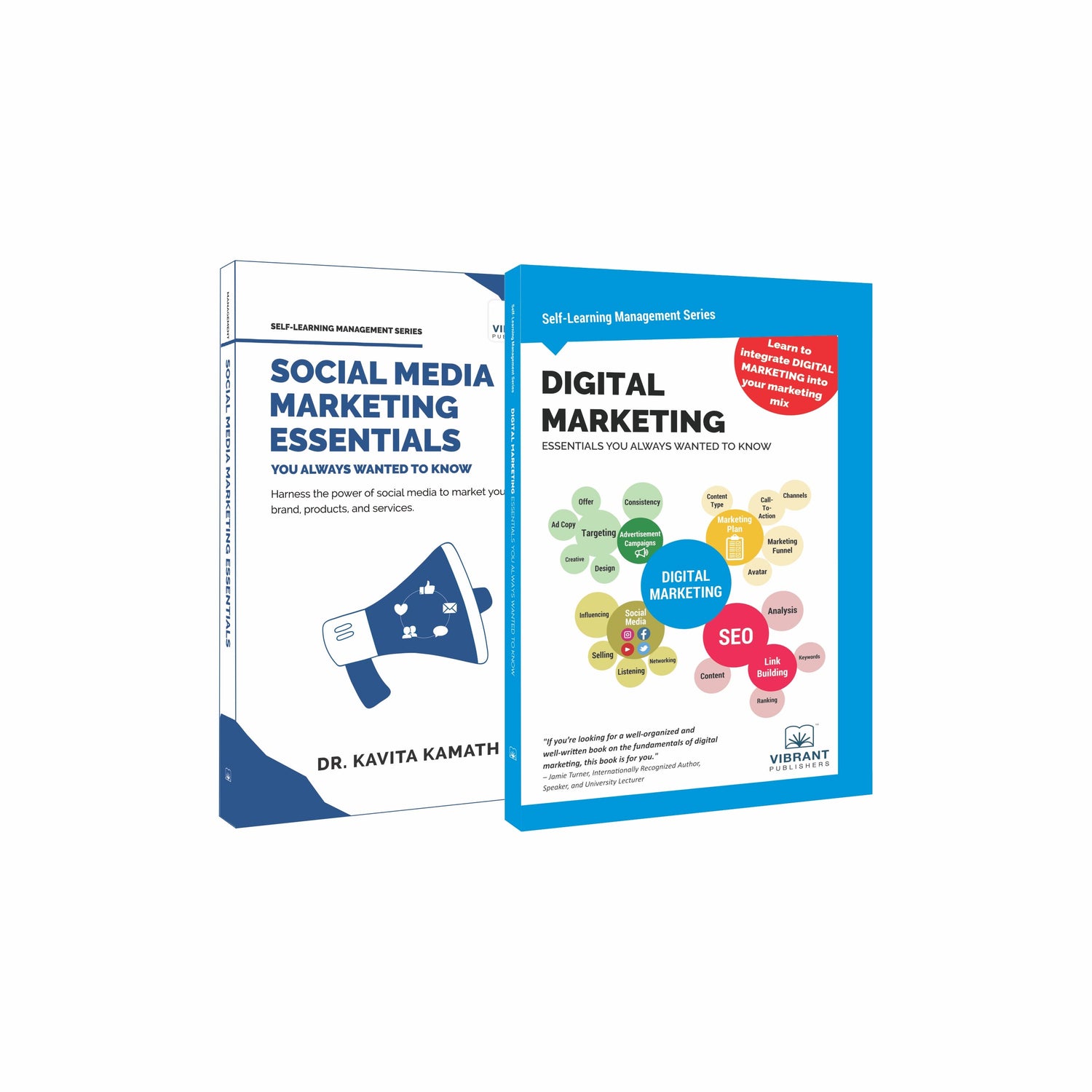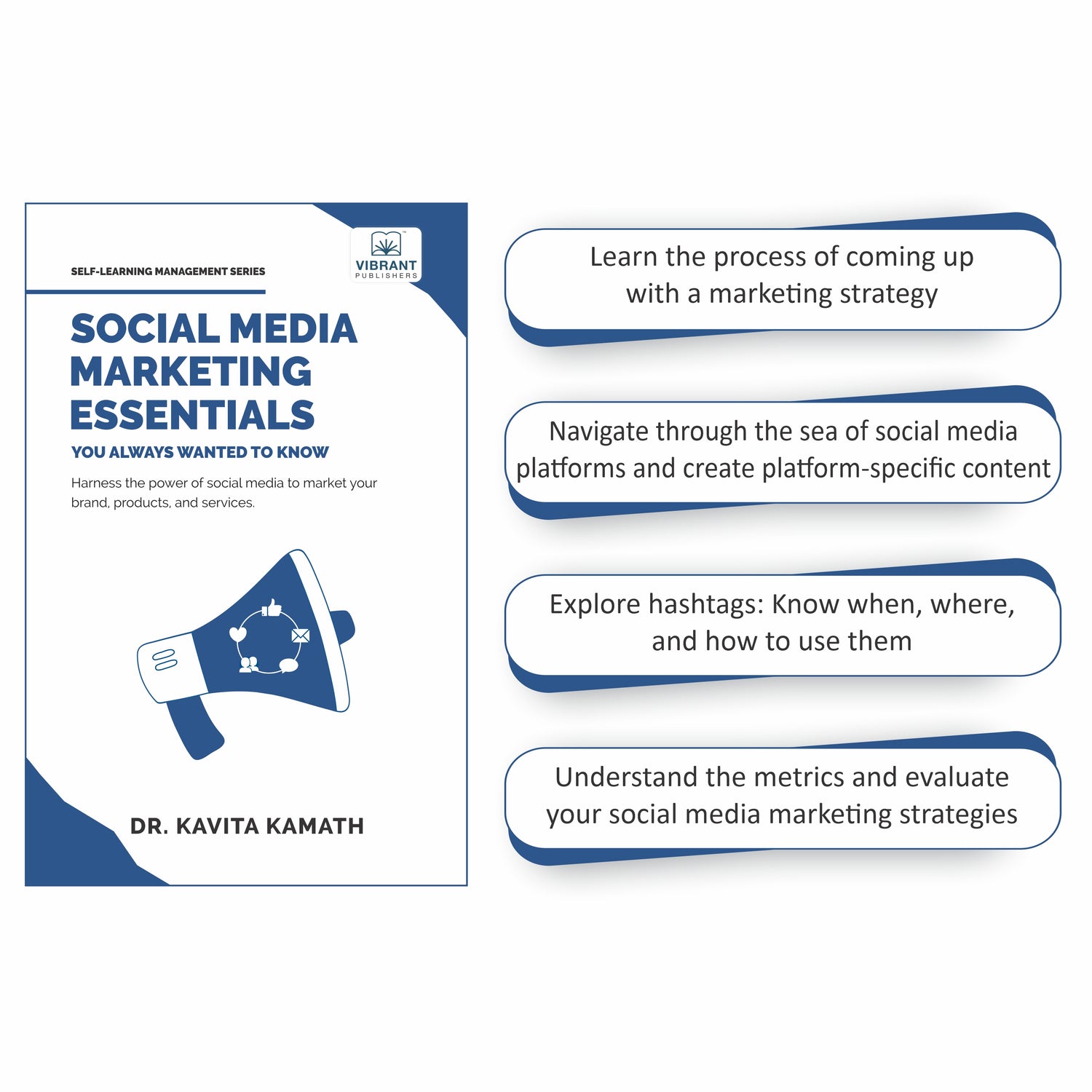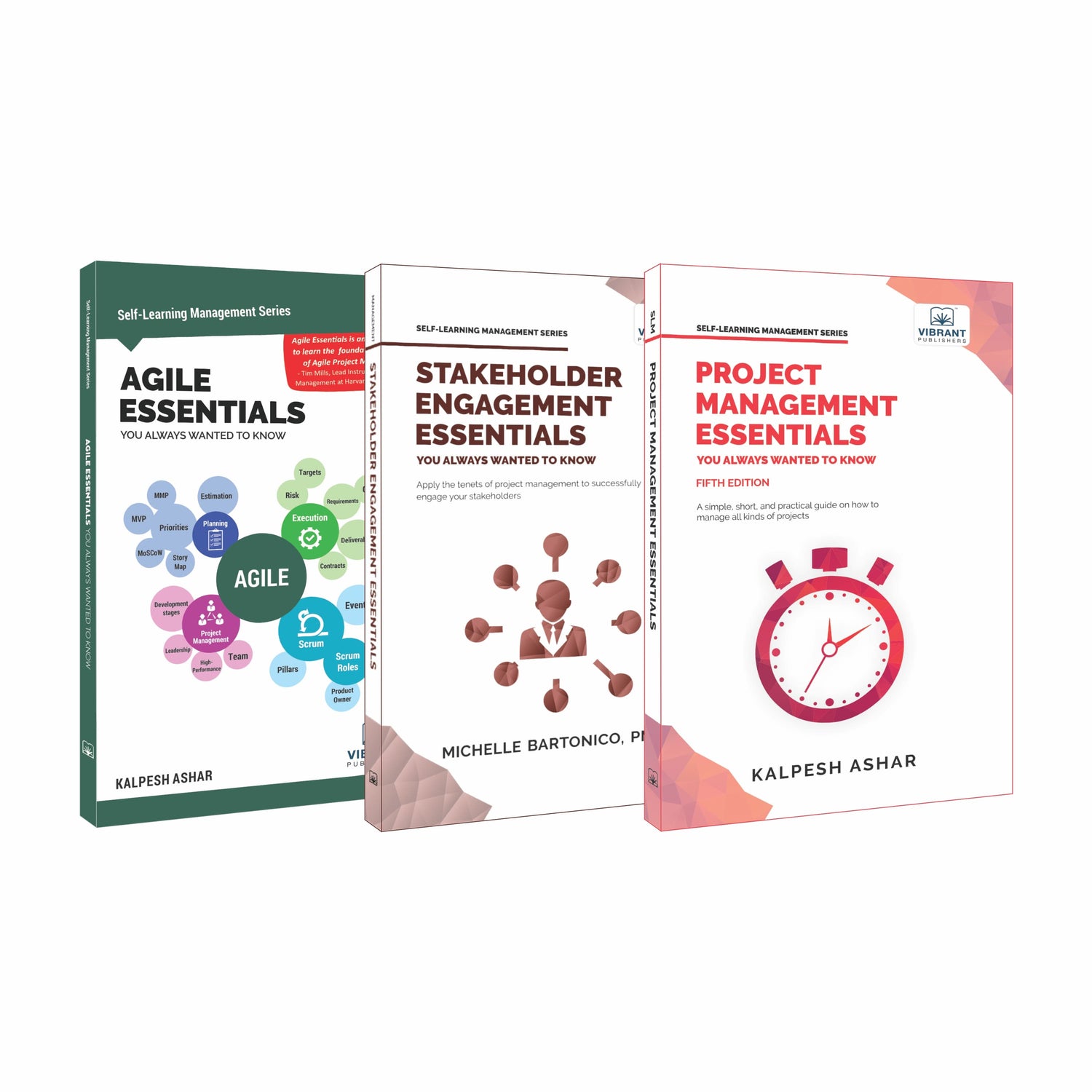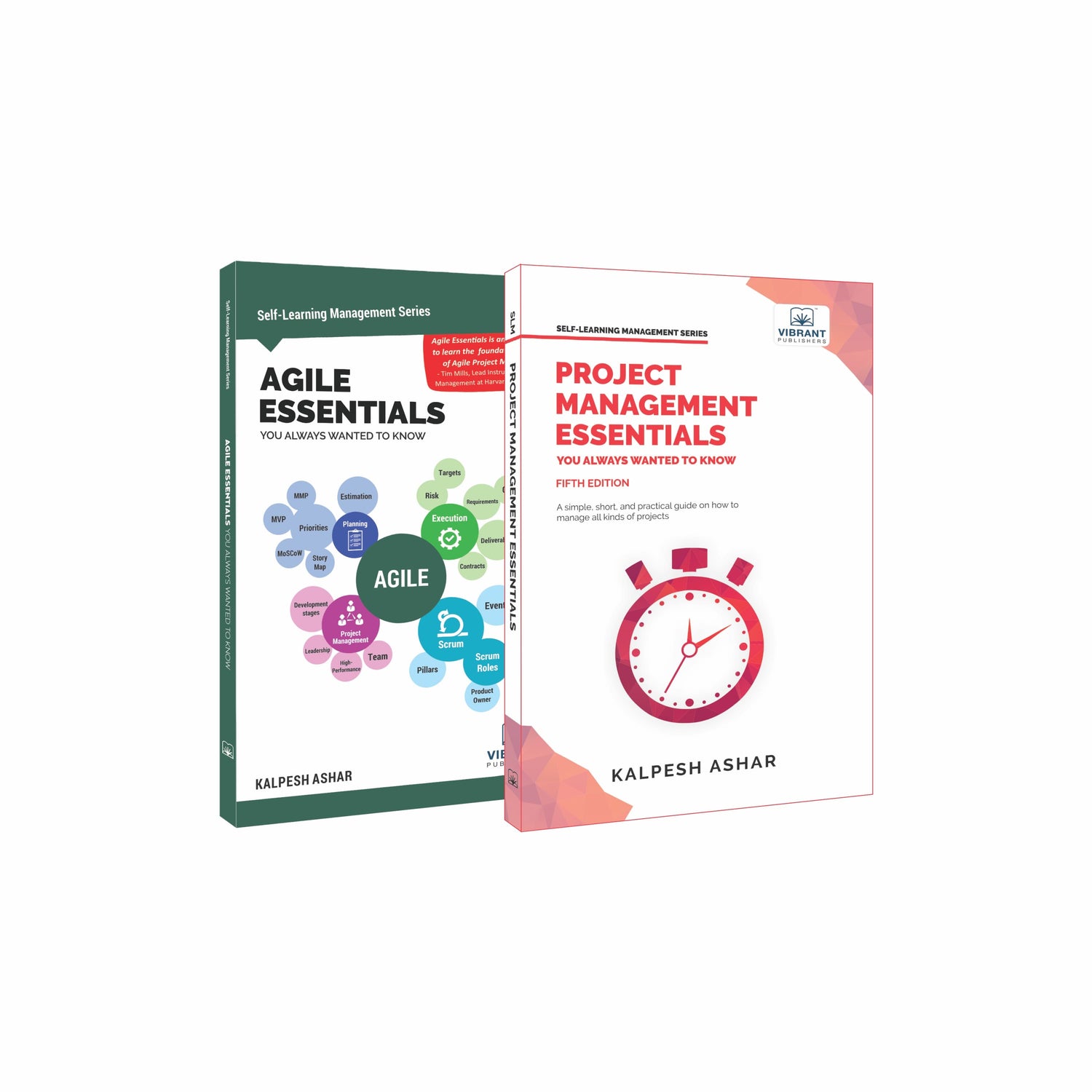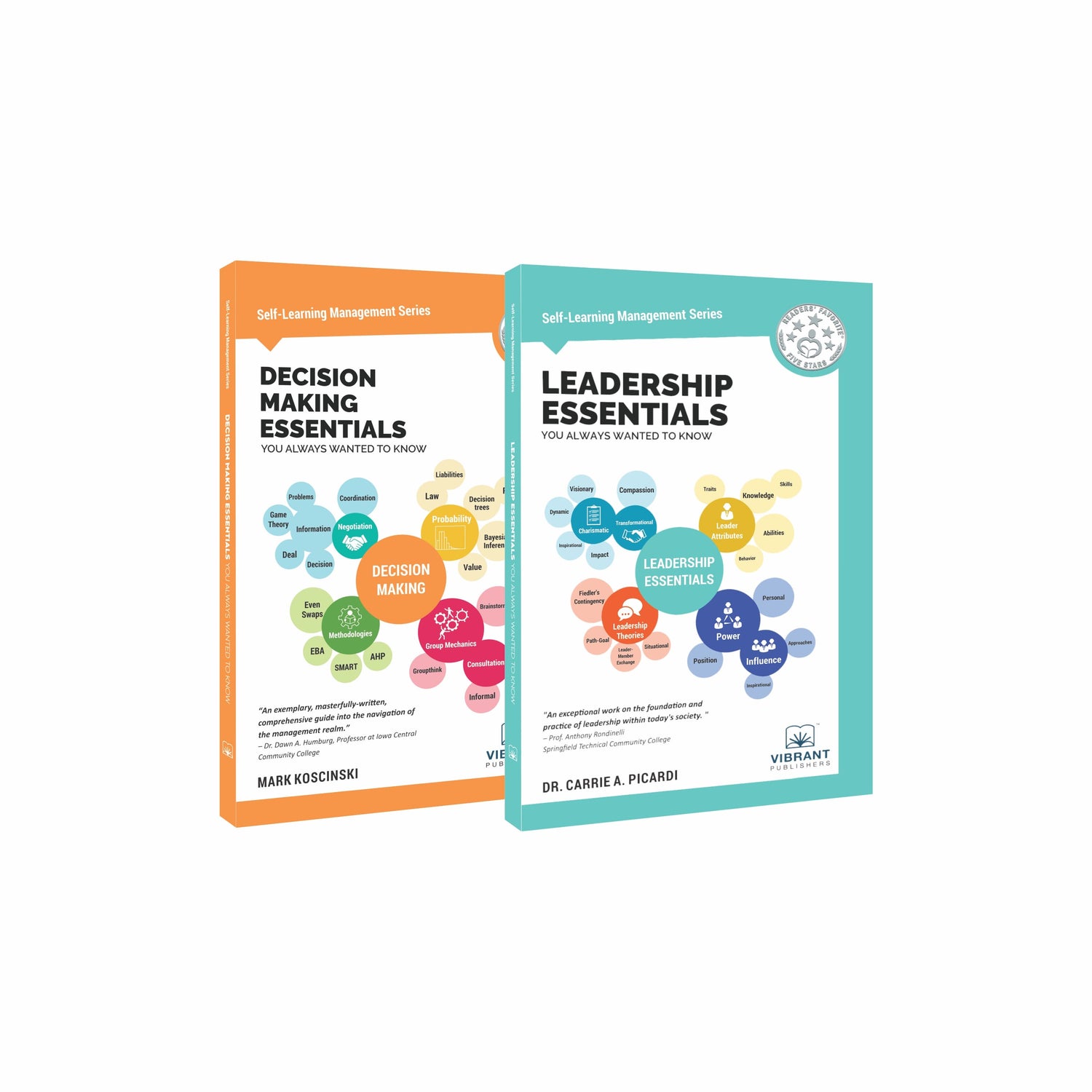
Too Much Information Running Through My Brain
It’s a familiar refrain: “Kids today and their phones! They don’t even look up and can’t talk to each other!” or “Videogames are making kids fat, lazy, and probably violent!” or the new kid on the block “AI is going to take my job and probably take over the world!” With all this new technology and our ability to access pretty much the sum of human knowledge with a few keystrokes, one is reminded of that old song from The Police: “Too much information running through my brain/ Too much information driving me insane.” It’s all just TOO MUCH! Is this really the End of Days? Are we really doomed to a Terminator 2 world with robot overlords? With all this information coming at us at lightning speed, what are we supposed to do about it? Wouldn’t it be great if we had some kind of tool to cut through noise and help us make sense of it all?
The new book, Digital Shock, is that tool, and it is as timely as today’s headlines.
My colleague, Dr. Jagdish N. Sheth, and I address these questions and more in the book. We operate from the assumption that everyone is exasperated and exhausted, pummeled by a barrage of change, looking for some way to make sense of what is happening and to have something to hold on to. It is a daunting proposition, to be sure, but I think we are up to the task. We apply our combined 50 years of knowledge acquired from academia, research, and business leadership to the problems facing modern society by rapid technological change. Together with the work of over one hundred studies from researchers, experts, and professionals from dozens of fields, we seek to provide explanations, analysis, and, most importantly, hope.
Everything Old Is New Again
Although it is human nature to assume that one’s own generation is under assault from the next in line, we submit that, no, we have been here before and have lived to tell the tale. Human beings act in very predictable ways when faced with change. We tend to freak out and resort to extolling the virtues of a bygone era, of simpler times when things made sense. Just listen to any parent talk about his or her children. Profound changes have occurred many times over human history: the Agricultural Revolution, the Bronze Age into the Iron Age, international trade, map-changing wars, and the like. The difference is that, with very few exceptions, the changes were gradual and took years, decades, or even centuries, giving us time to adapt and cope.
We examine two specific eras of technological shift: The Industrial Revolution and the Digital Revolution of the 1960s to the early 2000s. In both cases, technology disrupted large swaths of behaviors in social, political, and economic ways. We consult the historical record and the work of noted historians to put those eras in the context of what changes occurred and, most importantly, how people dealt with them. It is comforting to know that, in many ways, changes have come along, but people have found a way to deal with them. Growing pains and all that. Again, the x-factor is speed. The changes took decades to manifest in truly disruptive ways in both cases. Not so much today.
It's All Steve Jobs’ Fault!
With the advent of the smartphone in 2007, modern life became defined by rapid, almost overnight, change. We detail studies in which warp speed has seeped into the worldview of Gen Z to the point where they grow impatient if they are not promoted within six months of being hired. We look at modern online dating practices and how speed has affected our expectations in matters of the heart. Video games and their potential for developmental problems in the young get their own sections. Even political partisanship and polarization, ripped from the headlines as they say in Law and Order, occupy a large section of the book. However, there is balm in Gilead. We have a toolbox to help us deal with the change constructively or at least minimize the damage so we can live our lives with some semblance of balance and normalcy.
Hold On: Help Is on Its Way
At the end of each chapter is what we call the Steering Wheel for the Future. It is a tool that helps break down the potential problems brought about by digital shock and provides actionable steps to help cope. For example, Chapter Five, which deals with cybercrime, gives attainable ways to help prevent becoming a victim. If video game addiction is a real problem, we provide evidence-based methods to help achieve moderation and limit potential problems. Even online dating has its own section, and we provide methods gleaned from research for dealing with the dangers posed by meeting partners online.
Perhaps the best thing Digital Shock has going for it besides its depth and breadth is its concise tone. We strove to present our findings and advice in a straightforward way that is easily accessible to the average reader. You don’t have to be a graduate student in Cultural Studies or Computer Science to understand the information and implement the strategies. Given that anxiety over digital shock is so widespread, our plainspoken tone is intended to give the book strength and resonance to the general reader. It was our intention to make it a pleasant and informative read and hopefully, even be entertaining at times.
It's Fine. I’m Fine. Everything Is Fine.
With so much handwringing and pearl-clutching over the perceived dangers of the Digital Revolution, we think it is useful to have a compendium like Digital Shock available to refer to. It can be the place of refuge in a hurricane of change, the tree to which we can strap ourselves so we don’t get swept away. Read this book if you are looking for shelter from the storm.
This blog is written by Suresh K. Sharma, co-author of the book, ‘Digital Shock: Seven Shocks that are Shaping the Future’ published by Vibrant Publishers.
Find out more about the book here:
Link to the book: Digital Shock: Seven Shocks that are Shaping the Future
Authors: Dr. Jagdish N. Sheth and Suresh K. Sharma
Press Release: Vibrant Publishers Unveils Galley Copy of Digital Shock by Leading Experts
Visioning the Future
Can AI Take over Data Analytics?
Don’t Believe These 7 Myths About Blockchain
Share



